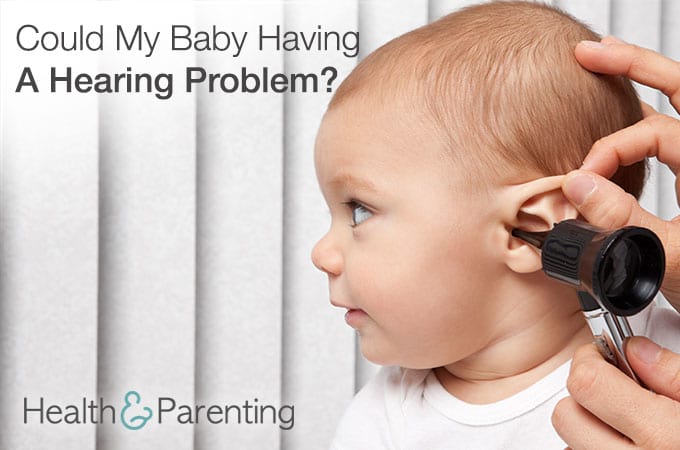Every since the introduction of the Baby Mozart videos and studies done over a decade ago about the Mozart Effect, there have been varying degrees of information that indicate playing music for your unborn baby will help them become smarter, and can even lead to an easier birth for mom. But is this information true?
More recent research doesn’t back up any of the claims that playing music for your baby while in utero will result in higher IQ, or that it will help intelligence develop at a greater speed. But there are evidence and testimonials from pregnant women that support the claims it helps to relax or stimulate the baby. Remember, your baby can hear the sounds going on around you, and will even startle at very loud sounds. Many pregnant moms say that playing relaxing music has helped to lull an overly active baby in utero, while stimulating music has the effect of making them move. Maybe, your baby is dancing inside your tummy.
Scientists suggest that the way the music makes YOU feel is likely what is causing the changes in your baby in utero. If music relaxes you, then naturally your baby will sense your relaxed state and will relax as well. The opposite is also true.
One interesting fact about playing music to your baby while you are pregnant, is that research does seem to indicate that after delivery your baby will remember the music. Many women play certain songs to their baby while they are pregnant, and find that after delivery that same music has the uncanny ability to calm a fussy or colicky baby. And since science tells us that babies recognize the voices of their mothers right after delivery, it only makes sense that they will also remember the sound of your favorite Stevie Nicks song that you played on repeat during pregnancy.
At the end of the day, you have to do what you feel is good for your baby. Many women are very attached and gain quite a bit of comfort and relaxation from music. Therefore, it seems obvious that their children will as well. There is certainly no harm in playing Mozart, in playing the piano, or in exposing your unborn baby to your favorite songs and melodies. However, caution should be taken before hooking up headphones to either side of your belly and blaring music to your uterus. If you do this, make sure the music is turned down very low. Keep in mind that the baby can hear through your belly, although the sounds will be muffled – and that you can expose them to songs and music without hooking your baby bump up to headphones.
So what do you say? Do you play music to your unborn baby? Do you think it relaxes or stimulates your baby? We’d love to hear your experience.
Written By Stef, Mom of 4 @Momspirational
This information is not intended to replace the advice of a trained medical doctor. Health & Parenting Ltd disclaims any liability for the decisions you make based on this information, which is provided to you on a general information basis only and not as a substitute for personalized medical advice. All contents copyright © Health & Parenting Ltd 2017. All rights reserved.











